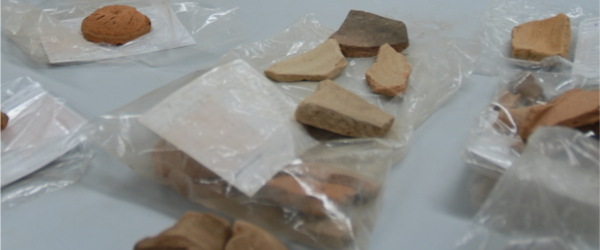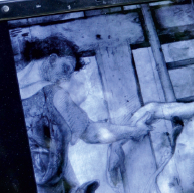

Palestra Magistral do Programa de Doutoramento em Música e Musicologia
12 DE MARÇO|14:30H
UNIVERSIDADE DE ÉVORA|Auditório do Colégio Mateus de Aranda
Prof. Nicholas Cook
SOCIALITIES OF MUSIC
The focus of this lecture is musical community in a variety of contexts. I begin with choral music, ranging from community choirs and barbership singing to the natural voice movement, and with the particular sense of musical togetherness they engender; I compare this with ideas of music's utopian potential for the reformation of human relationship that are built deeply into the culture of jazz, and that played an equally important role in the culture of string quartet performance in early nineteenth-century Germany. I also trace the way in which musical genres from string quartets to Asian traditional musics to contemporary American composition employ specific technical devices to create intimate interaction and empathetic attunement among participants, resulting in what I call closely knit webs of sociality. Finally I interrogate the idea of participation, which many have see as the indispensable basis of music's social effects, creating shared experience in a way that concert music—the presentation of music before a non-participant public—cannot. I disagree. All social activities heighten the sense of belonging, however briefly, to an affective community. But what makes music special is the degree to which you participate even when you are in the audience or—more importantly—when you consume music, as most people do today, via the digital media of sound or video recording. Music matters in the modern world because it engages contemporary media in the creation of intensely human socialities.




